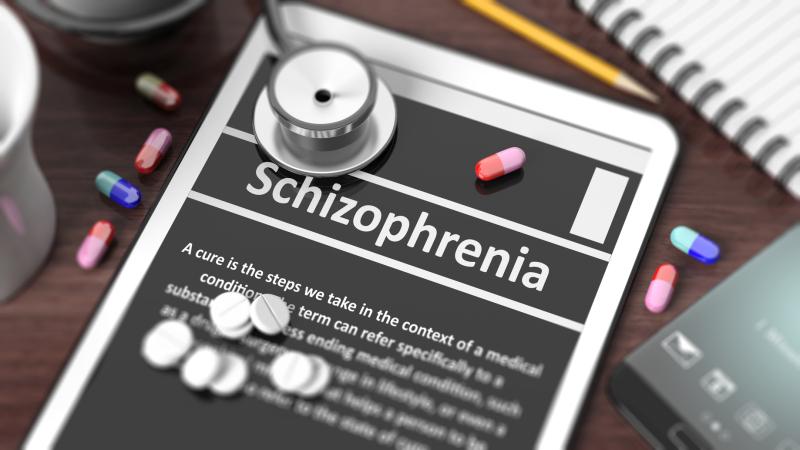
Individuals who develop psychosis at an early age and have poor premorbid social functioning are highly likely to be treatment resistant, as suggested in a study.
The study involved 1,070 individuals (61.9 percent male) with schizophrenia or related psychotic disorders, among whom 561 (52.4 percent) were diagnosed with treatment-resistant psychosis (TRP).
Researchers assessed schizophrenia polygenic risk scores and large copy number variations for enrichment in TRP. They applied regression and machine-learning approaches to investigate the association of phenotypes related to demographics, family history, premorbid factors and illness onset with TRP.
Univariate regression analysis revealed TRP to be associated with younger age at onset (odds ratio [OR], 0.94; p=7.79 × 10−13) and poor premorbid social adjustment (OR, 1.64; p=2.41 × 10−4). These relationships persisted in multivariate regression analyses, which also showed significant associations with lower premorbid IQ (OR, 0.98; p=7.76 × 10−3), young age of father at birth (OR, 0.97; p=0.015) and cannabis use (OR, 1.60; p=0.025).
Age at onset emerged as the most important predictor of TRP, with premorbid IQ and poor social functioning also found to be good predictors. On the other hand, genetic liability for schizophrenia was not associated with TRP.
Findings of the present study suggest that the genetic architecture of susceptibility to schizophrenia may be distinct from that of treatment outcomes, the researchers said. The data also underscore the importance of efforts to identify early indicators of TRP and, in turn, provide additional monitoring and support and consider clozapine treatment to at-risk patients.